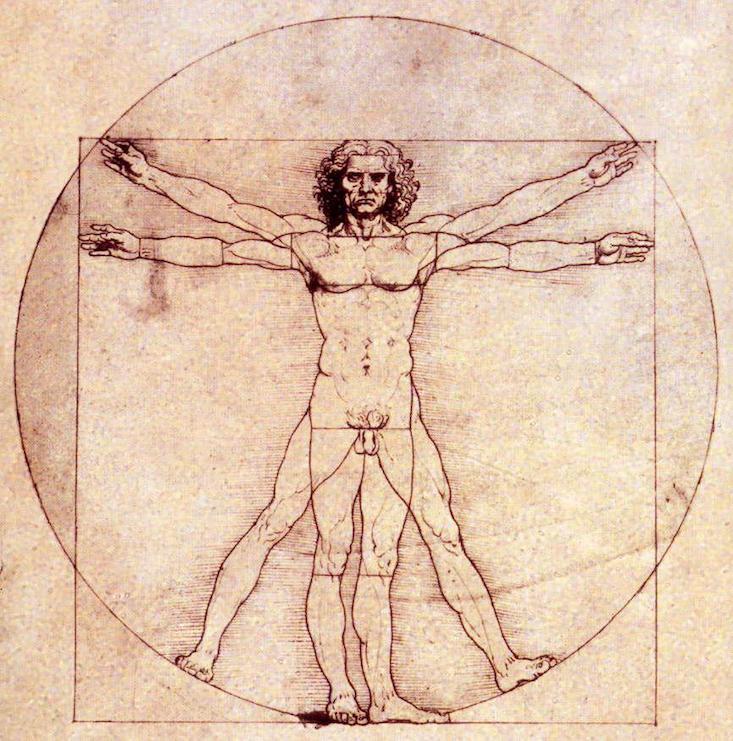
In May this year, Curtis Cetrulo, a plastic-reconstructive surgeon at Massachusetts General Hospital, performed the first penis transplant in the United States. Previously his patient, Thomas Manning, 64, had most of his penis amputated to stem penis cancer, a rare form of the disease. Since the transplant, Manning has received a wave of media attention, and been a remarkably good sport about it. After the amputation, he told the New York Times, “I couldn’t have a relationship with anybody. You can’t tell a woman, ‘I had a penis amputation.’”
Cetrulo is thankful that Manning has been so good-natured about the media attention . “He’s doing it because he wants people to realize there’s some hope, despite the fact that no one’s talking about it,” Cetrulo says. And they should be. “The penile transplant-seeking patient population is desperate,” Cetrulo says. According to Cetrulo, more than 1,500 soldiers have returned from Iraq and Afghanistan who are awaiting penile transplants.
We spoke to Cetrulo about Manning’s operation, how Manning’s faring, and about the future of penis-transplant surgery.
How did you get involved in transplanting penises?
We had done a hand transplant here in 2012, and I was presenting that case in our transplant rounds when two people approached me and asked if this was possible for penile transplants. We originally intended the development of these techniques for wounded warriors. One of our fellows was a urological surgeon in the army. He was just devastated by what he saw there: All these young guys with urinary injuries, and a suicide rate of 25 to 50 percent. Young marines, some as young as 18 and full of vigor, had their lives pulled out from under them. In fact, one of the guys on our team in our research lab who was a former Navy Seal echoed that, saying that everyone was most worried about getting blown up in their genital-urinary area. It’s a problem people don’t talk about, because it’s considered taboo.
How is an organ chosen for a transplant recipient?
All transplants depend on a donor. And that’s the amazing thing about this—people turn a tragedy into a gift. They come from deceased donors via a very strict and organized process. In Mr. Manning’s case, the donor donated all of his organs and saved about eight lives. In cases like his, a kidney can go to Baltimore, the heart can go to Maine, and so on.
There’s a misconception about organ donation I’d like to dispel. Many say that organ donors aren’t cared for as vigorously as non organ-donating patients. That’s just untrue. It’s only well after a patient has become legally declared dead that they’d be considered for an organ. I think it’s important in these kinds of cases to mention this, because we wouldn’t have the possibility to perform organ transplants without organ donors. And transplantation can have a profound effect on the donor’s family. Not every donor’s family wants to meet the recipients. But there are cases where they have: For example, the parents of a hand donor have become close with its recipient, who was operated on here at Massachusetts General. It’s a remarkable thing; it has given them comfort about their young deceased son. They were able to turn an incredible tragedy into a life-saving gift for others. This is an amazing part of the process that should not be overlooked.
How did you come up with your penis-transplant method?
For penile reconstruction, we’d previously use a piece of tissue, long skin, or muscle from your leg or arm or back, when it’s actually all blood vessels you need to reconnect. Then we’d roll it into a tube so the inside is skin as well. It’s rudimentary: It doesn’t have any of the specialized tissue needed for erectile function, et cetera. In fact, the biggest issue is that the urethra has this special mucosal surface that prevents trauma from urination, ejaculation, and the like. It’s used to being moist all the time. On the other hand, when skin is moist for too long it gets pruny or like when you have a Band-Aid on or spend too much time in the shower. That’s what happens when you try to reconstruct a penis via the aforementioned quintessential technique. That issue is what drove the search for a different method.
Can you describe your new penis-transplant method?
New reconstruction methods lie on the spectrum of a new field that’s under development, Vascularized Composite Allotransplantation (VCA). This field includes the transplantation of body parts such as the face, abdominal wall, uterus, and now penis, with lower extremities probably coming soon. VCA shifts paradigms, because you’re transplanting the actual anatomically complex units.
We have three goals for penile transplant operations: primarily, the simple survival of the allograft—the donated tissue—and the restoration of normal-appearing genitalia, which can greatly contribute to a patient’s feeling whole again; second, the restoration of urinary function. It sounds like a minor issue, but you would never believe how traumatic it is no longer being able to pee standing up, and to always make a mess, having to change your clothes after every urination. And the third and final goal is the restoration of sexual function.
How is your patient, Thomas Manning, doing?
We’ve been so blessed that Mr. Manning has been doing so incredibly well. We were able to accomplish the first two aforementioned goals, and after the first two weeks, it was safe to say that the allograft was going to live. We were able to treat an expected episode of rejection. Now we’re anxiously awaiting the return of his nerves, which may give him some sensibility and sexual function. He’s even having some spontaneous erectile activity earlier than the expected 12 to 18 months post-operation. He’s doing well.
Mr. Manning, has been an amazing surprise: He’s been very open about his procedure. I didn’t realize the procedure would draw so much attention. The primary reason is that our patient is so outgoing and willing to be a pioneer.
What is the largest hurdle in the field of transplantation?
Anti-rejection medications, which are called immunosuppressants. Our bodies recognize bacteria and other foreign cells, causing our immune system to destroy them. When you have a transplant, whether it’s a kidney, a liver, a face, or genital tissue, your body turns against the new organ. Currently, patients have to be on immunosuppressants for life. And these medications have side effects, including vulnerability to skin infections and cancers, and damage to the kidneys. Solving this problem is the focus of our lab: The field of transplantation will be open to so many more people, especially children, once we cross this bridge. There’s just been the first pediatric hand transplant, but doctors are hesitant to perform transplants on younger people due to the harsh side effects of anti-rejection drugs and the necessity to be on them for life.
Sheherzad Preisler is an editorial intern at Nautilus.
Watch: Helen Fisher, a biological anthropologist, explains why we have sex.































